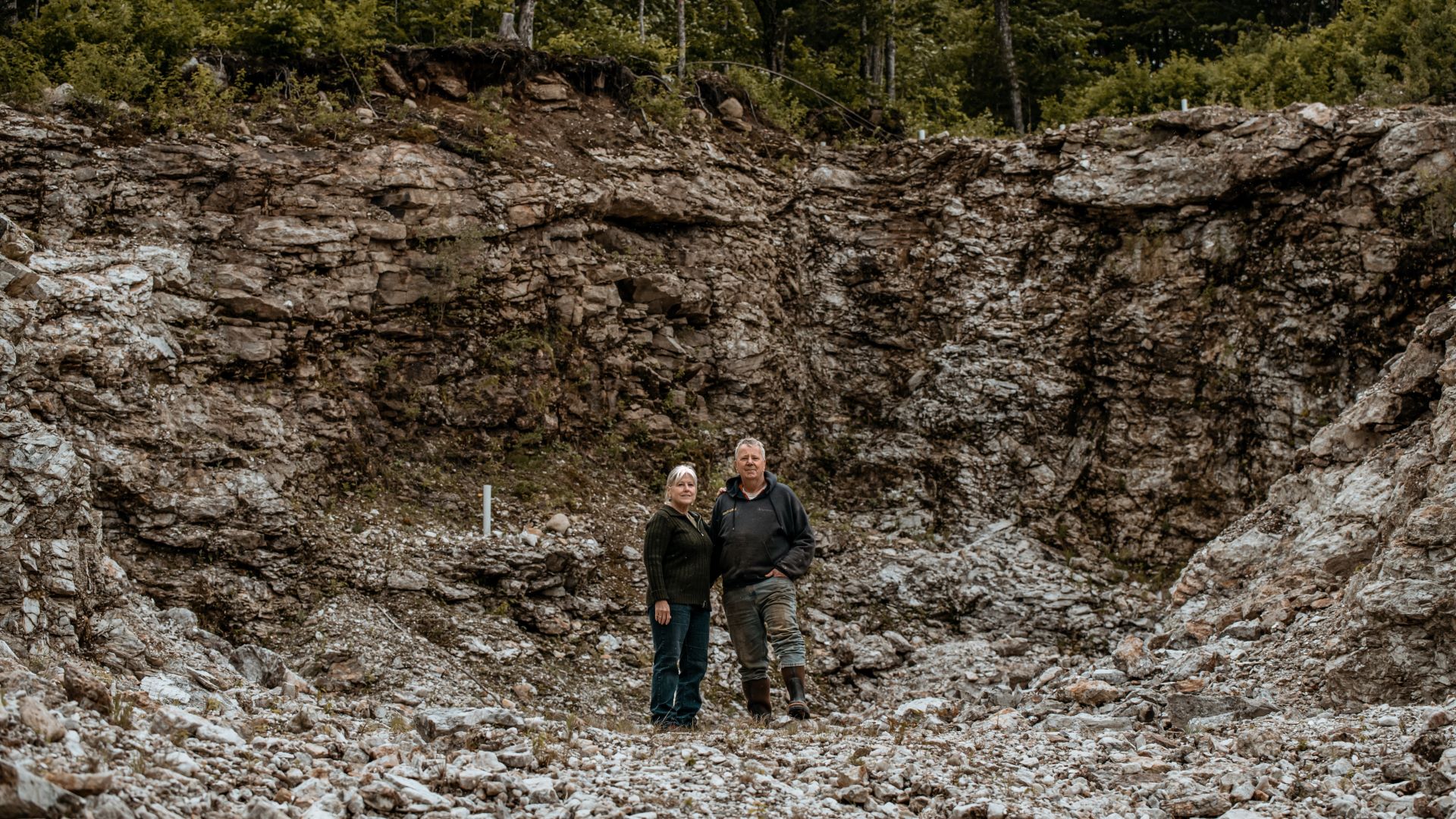Good morning and happy post-Thanksgiving. We hope you’re recovering from too much turkey (or too much tofurkey) and enjoying a bit of a respite.
The Climate Monitor team is also taking a break from the news this week and looking back at a few of the stories we’ve covered in recent months, from tax breaks to conservation to lithium and a proposal to build the world’s tallest flagpole.
Enjoy, and we’ll be back with more news next week!
Tax breaks
Monitor reporter Emmett Gartner has been digging into the various tax breaks and incentives created by the state to discourage pollution and encourage clean industry.
His latest find is a decades-old tax exemption that’s intended to encourage companies to install “pollution-control equipment.’’
One of the beneficiaries is the old Maine Yankee power plant, but Wiscasset is going to court to fight the tax break, which threatens to cost the town $1.6 million in annual revenue, almost one-fifth of its budget.
“A lot of small towns have these big facilities, and they expect town services, but then use this as a way of getting out of paying town taxes,” said Dennis Simmons, Wiscasset town manager.
Emmett also reported on a series of grants that went to companies that have spotty environmental records.
Conservation lands
An effort to create a new National Wildlife Refuge in the High Peaks Region of western Maine ran into serious trouble among local residents. A letter of opposition from three of the state’s federal lawmakers followed.
In Washington County, meanwhile, the privately run Cobscook Shores Park System recently purchased about 38 acres in Wesley along the East Machias River and another tract in Pembroke.
More acquisitions are expected in the coming months for the park system, which was created by the Butler Conservation Fund, a nonprofit started by New York philanthropist Gilbert Butler.
We also reported on a “glampground” in Lamoine that residents put on hold.
The lithium find
Monitor reporter Kate Cough partnered with TIME Magazine to deliver an extensive look at the state’s huge lithium deposit, which was discovered in Newry.
The effort to actually mine the mineral took a small step forward in Augusta, where lawmakers settled on legislation that may open the door to extracting the lithium by allowing larger open pit metal mines, so long as developers can prove they won’t pollute groundwater and the local environment.

But the new law will require changing the state’s mining regulations, which may mean it could be years before the couple that owns the deposit is able to start digging in earnest.
Kate’s description of the mine and the nearby environs is a great read.
The Monitor also covered women making strides in forestry professions, a proposal to build the world’s tallest flagpole, what happens to all that boat shrink wrap, and whether seawalls really work.







